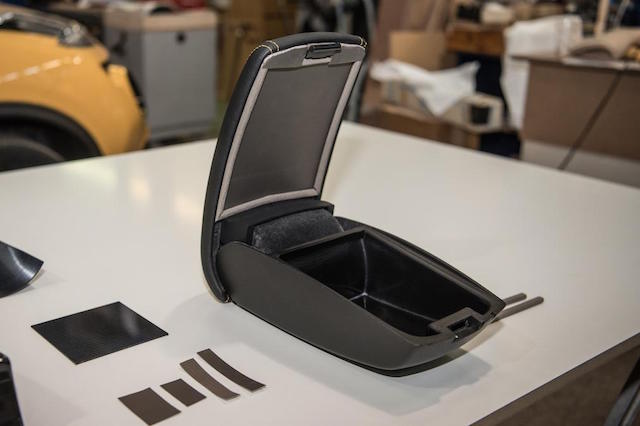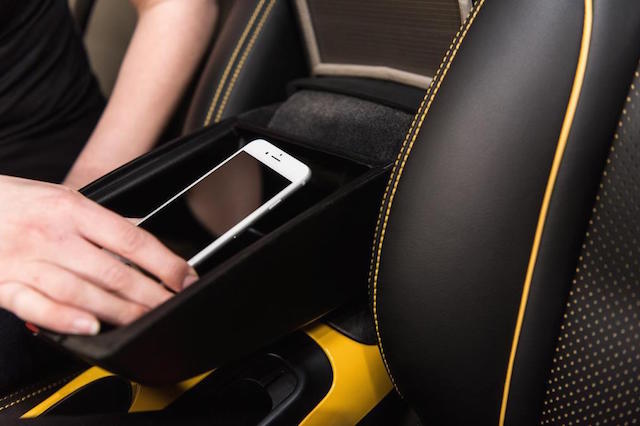
More drivers have died on New Zealand roads in the first four months of 2017 than in the same period last year, according to NZ Transport Agency statistics.
There are no statistics on the causes – distraction, carelessness, or whether the victim behind the wheel was actually at fault. But driver deaths at the end of April were up 22.2 per cent on 2016, from 54 to 66.
The overall road toll was up 11.2 per cent, from 116 at the same time last year to 129. Passenger deaths were down 18 per cent (33 to 27) but pedestrian victims were up 87 per cent (8 to 15).
Increases in road deaths is often blamed on driver distraction, particularly the use of cellphones. A statistic in the UK has prompted carmaker Nissan to turn the armrest compartment in its Juke SUV into a Faraday cage for a phone. Nissan calls it the Signal Shield.
The rationale behind it is supported by data from the Royal Automobile Club (RAC). It says the number of UK drivers who admitted handling their phones while driving had risen from 8 per cent in 2014 to 31 per cent in 2016 – a hike of 287.5 per cent in two years.
The problem, says the RAC, is no longer just drivers texting and making phone calls while at the wheel. Incoming calls and text messages are prompting them to glance at or pick up their phones, if they are within reach, or rummage around in pockets for them.

Nissan’s Signal Shield is a concept for now, but it blocks all incoming cellular, Bluetooth and Wi-Fi signals. Popping the phone under the armrest lid completely disconnects it from the outside world, until the driver retrieves it.
Of course, says the RAC, the driver could simply turn off the cellphone, but research is showing that’s not happening. Nissan says Signal Shield allows drivers to ignore their phones without having to turn them off.
But it doesn’t interfere with the driver’s choice of music. Signal Shield has been adapted so that wired connections through USB or auxiliary ports will still work.

